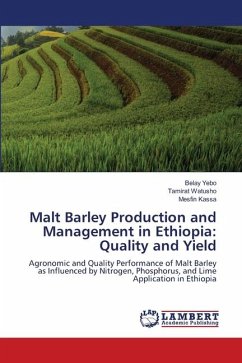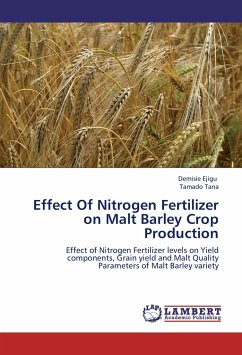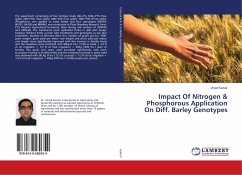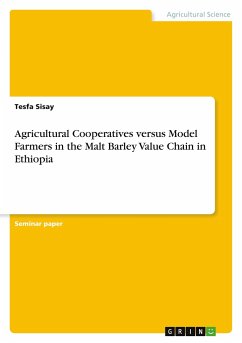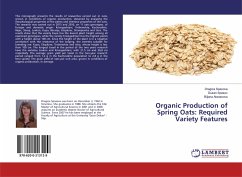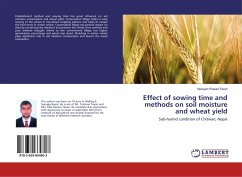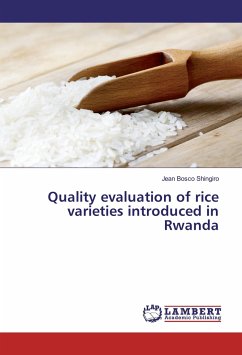Malt Barley is one of the most important multipurpose crops in Ethiopia. In recent years, the demand for malting barley has increased significantly due to the increase in demand from breweries. To satisfy the ever-increasing demand for raw materials by the beverage industry, and to ensure dependable and higher cash returns to the farmers, expansion of malt barley production is very important since immense potential areas are available for malt barley production to meet the national demand. However, its production has not expanded, and productivity at the farm level has remained low. The major reason for the low productivity of the crop is the poor soil fertility of farmlands, mainly aggravated by continuous cropping, overgrazing, high soil erosion, and removal of crop residues, without any soil amelioration. On top of these, the usage of fertilizers in the country is not based on soil test results and is mostly below the recommended level; farmers do not fully implement the recommended soil management practices. However, its productivity and quality in Ethiopia are mainly constrained by soil fertility problems, inadequate availability and use of inputs such as fertilizer.

